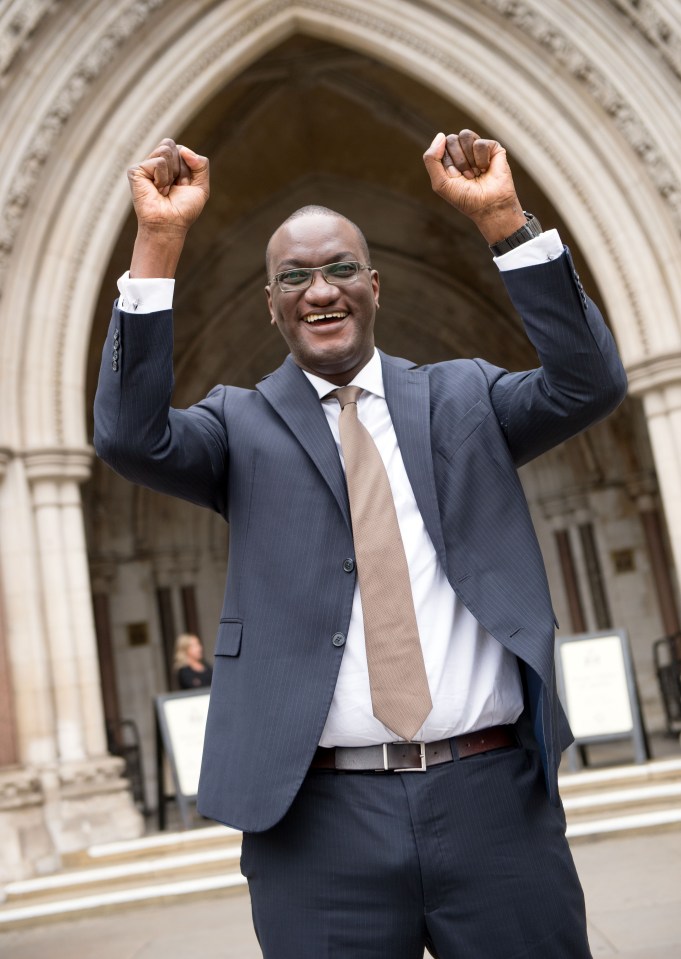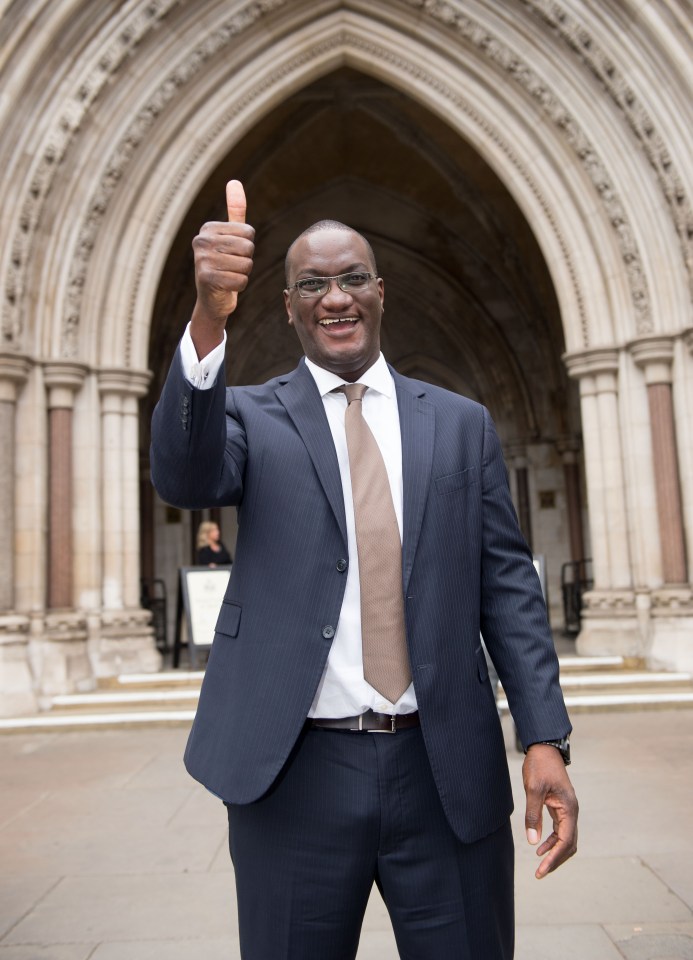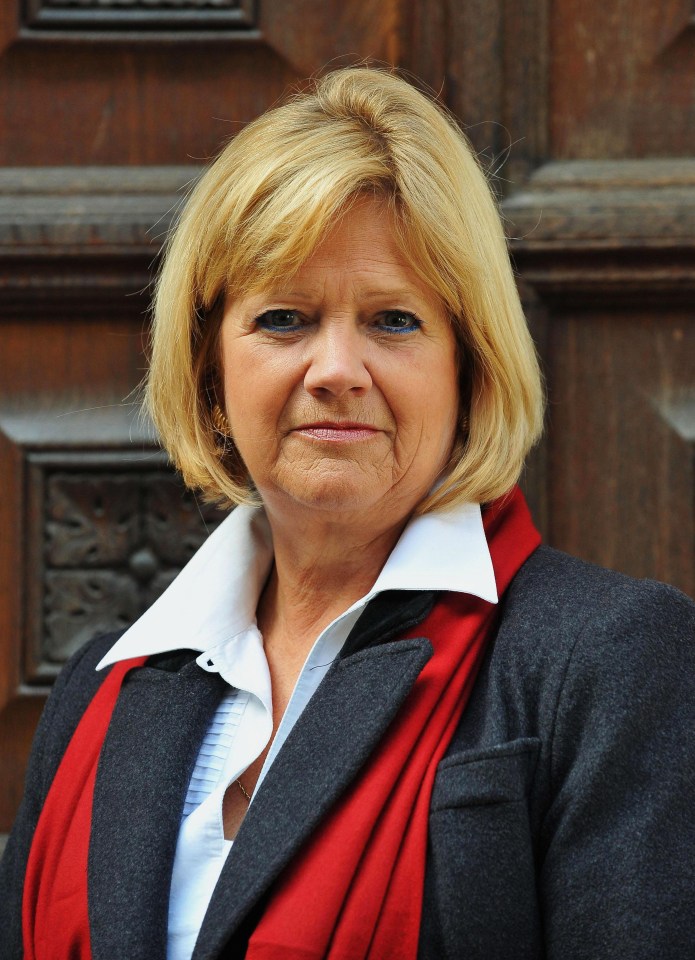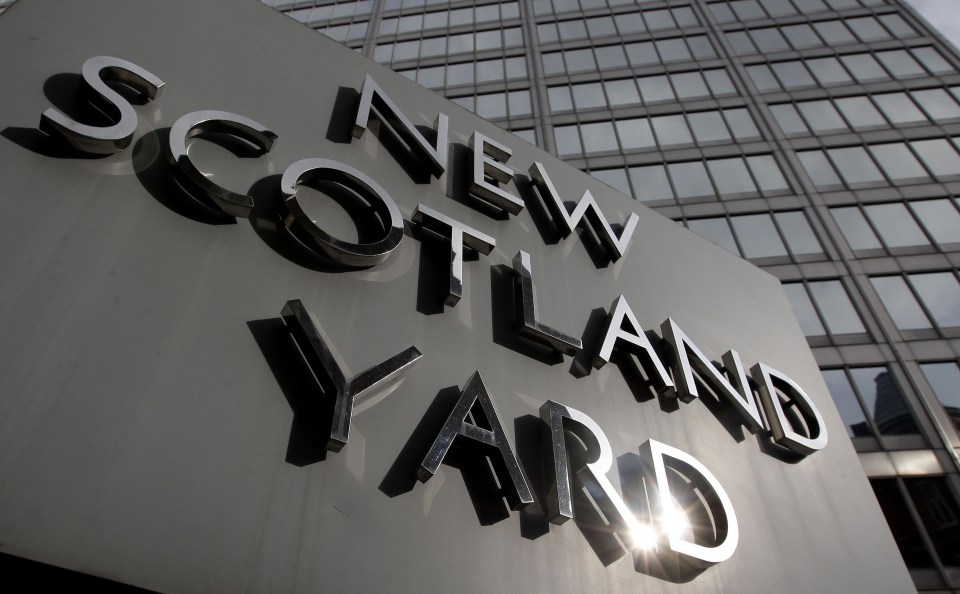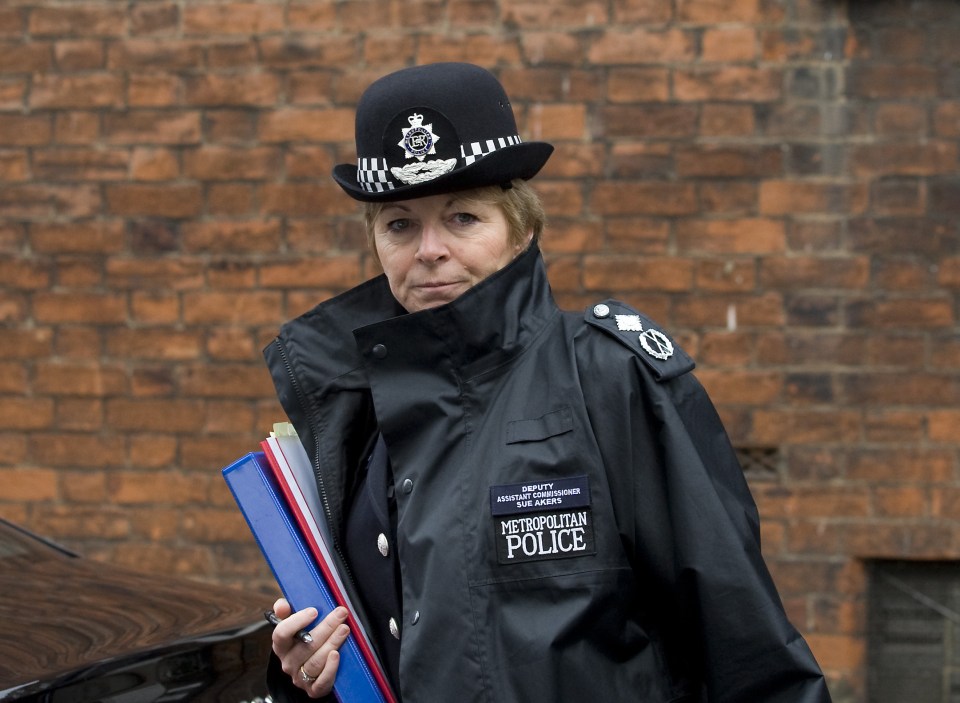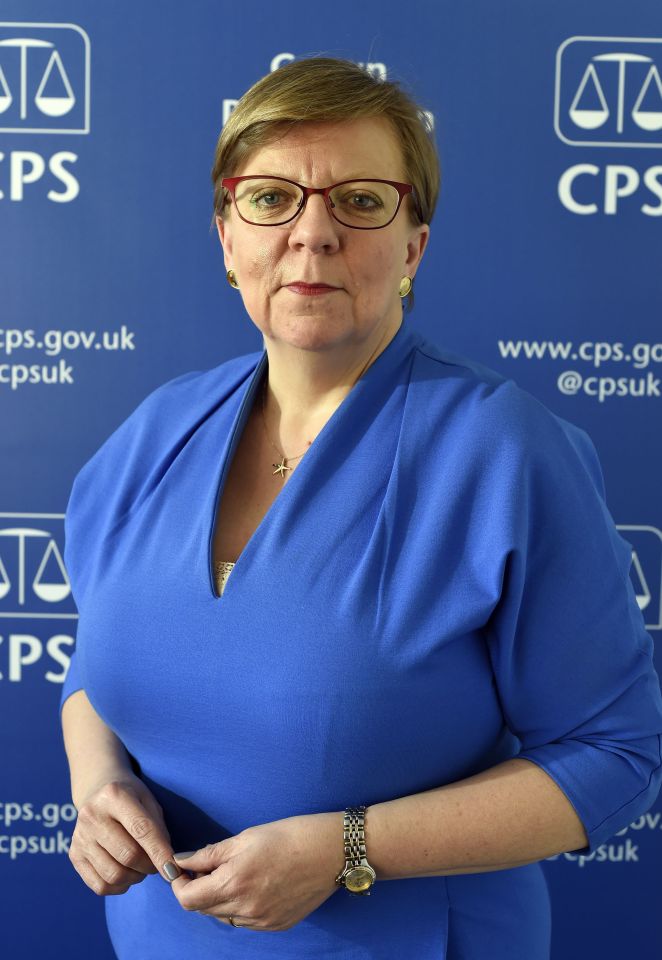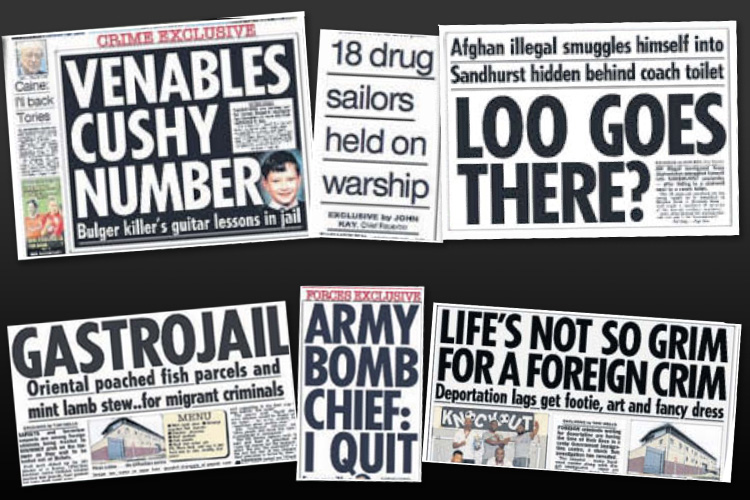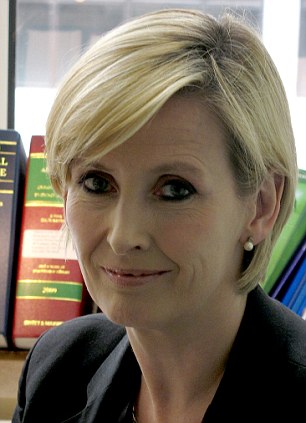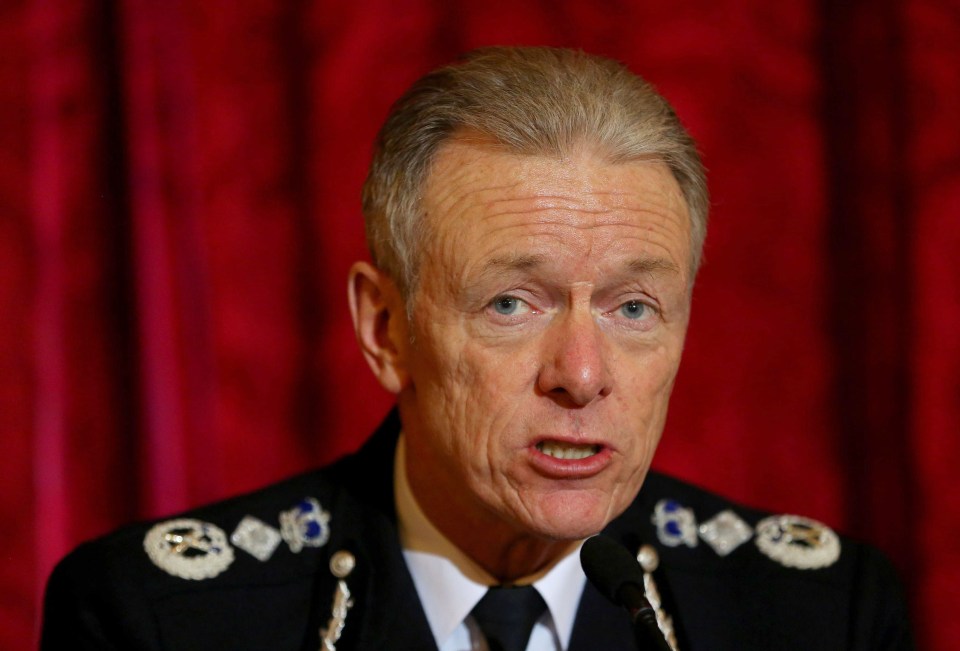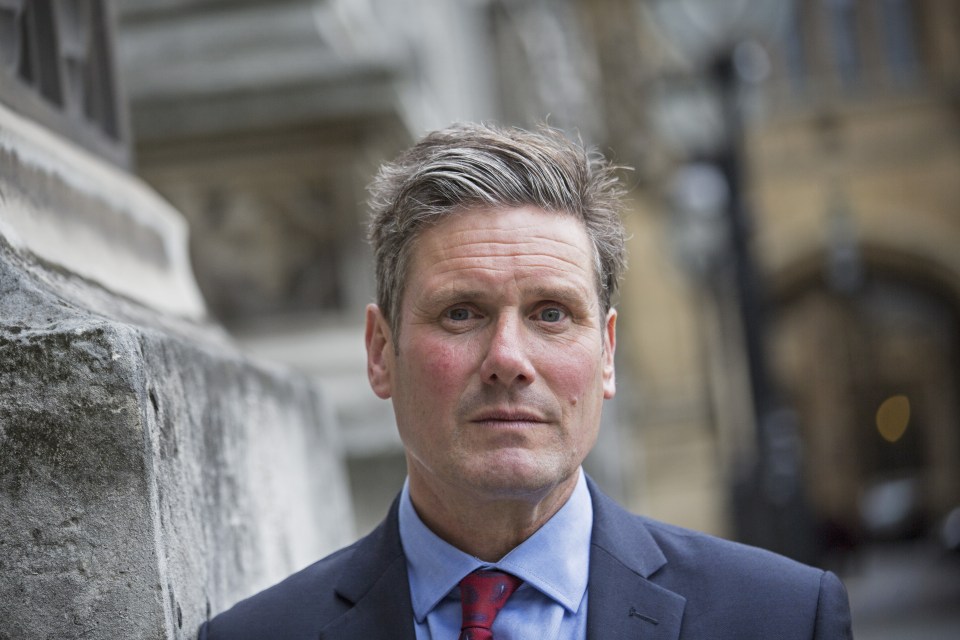The CPS’ vendetta against us for exposing major scandals you NEEDED to know is costliest and most flawed investigation in history
Operation Elveden raises worrying questions about the motives of institutions as journos were vilified for telling truth
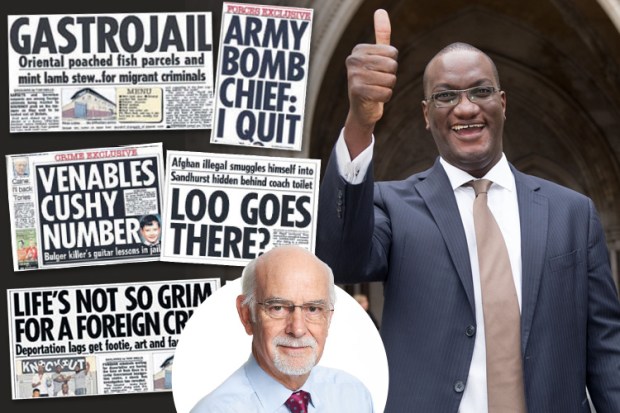
IT took just seconds for the Appeal Court to hammer the final nail into Operation Elveden — the longest, costliest and most misconceived police investigation in Scotland Yard history.
In a few words yesterday, Lady Justice Hallett quashed the conviction of Sun reporter Anthony France for aiding and abetting misconduct in public office.
It was a triumph for Anthony and his family after nearly four years of living hell.
And it was a vindication of 20 other blameless Sun staff who emerge without a stain on their characters.
But the verdict raises alarming questions about the motives and conduct of police, prosecutors and politicians who pursued this flawed vendetta at vast public expense.
And it stokes growing fears for free speech and 300 years of cherished Press freedom.
It is surely indefensible in modern Britain for gangs of police to be deployed in dawn raids on the homes of totally innocent journalists without — it turns out — a shred of evidence.
Their alleged crime? To write stories of profound public interest about abuse of power in public office.
Related stories
They exposed major national scandals about the risk to lives and public safety. They did not breach security or the Official Secrets Act.
They were applauded for revealing the truth about the way brave British squaddies were sent to war in Iraq and Afghanistan with dodgy equipment and shoddy protection.
And they disclosed the ill-advised conduct of the people running our hospitals and jails.
Those men and women, many of them mums and dads, have paid a terrible price for what amounts to a shocking travesty of justice.
They were doing a public service, yet police chiefs and politicians were determined to shut them down.
And to make them suffer as much as possible in the process.
While it took less than a year to find and jail villains like the Great Train Robbers, Elveden was cruelly dragged out over five long years.
Teams of cops were taken off vital investigations to storm homes, rip up floorboards and rummage through deeply personal and private property.
One senior journalist was forced to stand by as police rummaged through the underwear drawer of his tearful 14-year-old daughter. Wedding photos, love letters and even Magic Roundabout DVDs were seized along with laptops and mobile phones.
Much of this material was never looked at again. Police instead relied on records kept by this newspaper of emails, receipts and phone calls.
For the men and women living in dread of a spell inside, lives and careers were put on hold and in some cases destroyed forever.
They were kept on bail for months, ordered in repeatedly for questioning only to have their appointments cancelled at a few hours’ notice. This, we now know, is a deliberate police tactic to wear down a suspect.
Under British justice we are all innocent until proved guilty.
ANTHONY'S STATEMENT

I am delighted that this serious miscarriage of justice has ended today, allowing me to rebuild my life after 1,379 days of sheer hell.
I want to thank my family for their love and support.
I will always be in admiration of my legal team, Richard Kovalevsky QC and James Hodivala, of 2 Bedford Row, and solicitor Mandip Kumar for their tremendous professionalism.
They, my friends, character witnesses, Oxfam St Albans, Dennis Rice and Press Gazette helped get me through what I can only describe as the worst period of my life.
Post-trial, His Honour Judge Timothy Pontius praised me as ‘essentially a decent man of solid integrity and social responsibility’ and ‘an experienced journalist of hitherto entirely unblemished character ’.
And he added many of the stories I was arrested over about drunk pilots, weapons, drug seizures and terrorists were ‘very much in the public interest, not surprisingly so given his experience in, and pursuit of, responsible investigative journalism’.
Having spent more than three years and nine months fighting to clear my name, this is not a time for celebration. Nobody has ‘won’ and the public are less informed.
Yet at any one time around 6,000 suspects are forced to languish on indefinite police bail, never knowing if or when they will be charged.
Thanks to our revelation, then Home Secretary Theresa May promised to ban the system and impose a strict 28-day time limit on inquiries.
Meanwhile, every Sun journalist under suspicion lived with the constant fear they would go to jail.
Some are emotionally scarred. Some turned to drink and the psychiatrist’s couch. One family emigrated to South Africa.
Yet despite deploying hundreds of cops, squads of QCs and a relentless campaign to smear our journalists as tabloid scum, the CPS failed to land a single enduring conviction.
So who is to blame for the gigantic fiasco which has permanently soured once-valuable links between press and police? It all began in October 1999 when we decided Gordon Brown was not up to the job as PM and switched to the Tories.
Furious Brown vowed to destroy the Murdoch press, David Cameron set up the blundering Leveson Inquiry and police pounced on a chance to prove, after a series of scandals, they could act tough. But they could not have done it alone.
Labour was lucky to have Keir Starmer, a lifelong supporter, as Director of Public Prosecutions. He leaned over backwards to make the conspiracy counts stick.
His reward was a safe Labour seat, a job in the Shadow Cabinet and a chance to pitch for the party leadership. He was ably assisted by hatchet-faced Met chief Bernard Hogan-Howe, who has relentlessly pursued journalists.
Ho-Ho’s officers tapped the phone of Sun Political Editor Tom Newton-Dunn during the infamous Plebgate whistleblower case. Yet all their hard work has come to nothing.
Old Bailey juries repeatedly dished out not-guilty verdicts on the medieval charge of “conspiracy”. Conspiracy to cause misconduct in public office is impossible to define.
Lawyers and judges like Mr Justice Saunders admitted they found it difficult to understand.
Crown Prosecutor Jonathan Rees QC conceded it was a “rarely visited area of the law”. He even confessed the stories published by this newspaper were in the public interest.
Britain’s most senior judge, Lord Chief Justice Thomas, finally made sense of this nonsense and ruled “no crime may have been committed”.
It was not an offence, he said, to pay a public official unless it caused a serious breach of public trust.
He added: “What concerns me is the freedom of the press and the desire of officials to contain information. We must ensure the press is protected, we can’t use criminal sanctions to undermine their position.”
His words can be seen as a sharp rap across the knuckles for all those who ganged up on 21 innocent people and put the precious freedom of the British press in peril.
NUMBERS THAT BRING SHAME ON LAW CHIEFS
£30MILLION — the total estimated cost of Operation Elveden to British taxpayers.
£14.7MILLION — the cost of Operation Elveden to the Metropolitan Police alone.
FIVE — the number of years the investigation lasted.
1,819 — the total number of days between November 4, 2011, the date the first Sun reporter, Jamie Pyatt, was arrested, and yesterday, October 27, 2016, the date of Anthony France’s formal acquittal.
90 — the total number of people arrested.
70 — the total number of officers and Metropolitan Police staff working on the probe at its height. That’s double the number that would work on a major murder inquiry.
34 — total number of journalists arrested, of which 24 were Sun journalists.
29 — total number of journalists charged, of which 21 were Sun journalists.
0 — total number of Sun journalists convicted.
1,379 — the total number of days of Anthony France’s Operation Elveden ordeal.
27 — the total amount of time it took in seconds at the Court of Appeal to finally quash Anthony France’s conviction yesterday.
50 — commendations awarded to Met officers for their “dedication and professionalism” on Operations Elveden and Weeting (the investigation into phone hacking).
£13,591 — the amount in overtime claimed by one unnamed Detective Constable working on Elveden in 2013/14. That is half a typical Detective Constable’s annual pay.
£202,000 — legal fees run up by the CPS for a single Sun Elveden trial, R v Kay, Shanahan, Webster and Larcombe and others.
£181,500 — annual amount bungling Met Police chief Sir Bernard Hogan-Howe will get from taxpayers on his retirement next year.


